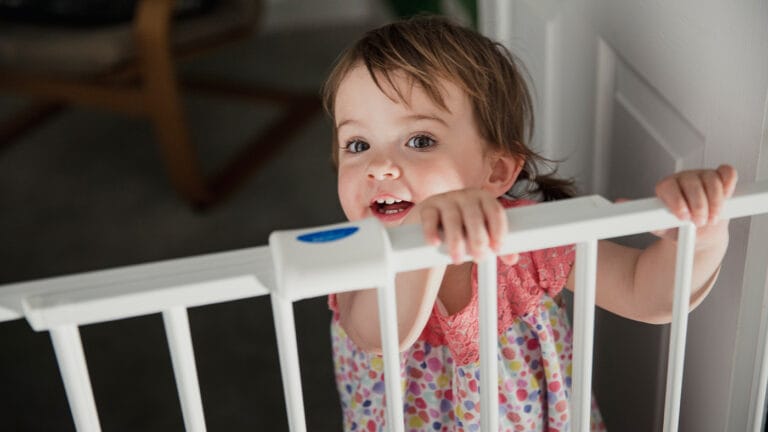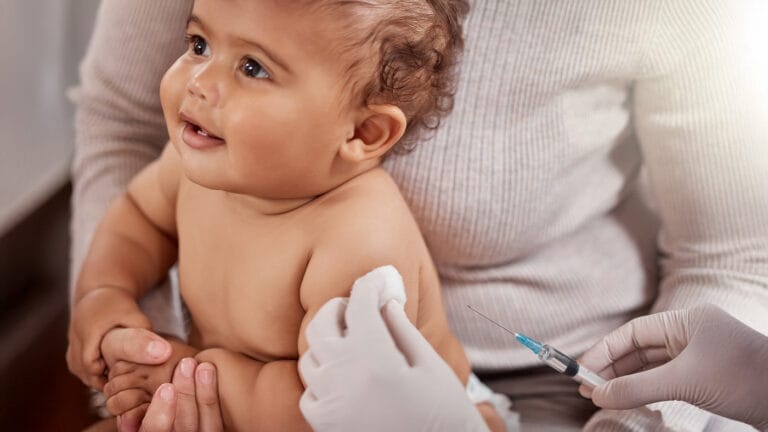Dental care is probably the last thing you’re worried about when you bring a newborn home. Most of them don’t have teeth, after all. Even the medical community wasn’t very concerned about the oral health of infants and toddlers for a long time. As recently as the 1960s, the recommended age for the first dental visit was roughly four. Over the intervening decades, however, the recommended age for the first dentist appointment has shifted and is considerably younger.
When Should Your Toddler See the Dentist?
These days, most healthcare professionals agree the first dental visit should occur within six months of the first tooth appearing or by your child’s first birthday, whichever is sooner. With only one or two teeth and probably zero signs of disease, you’re probably curious about what the first visit can achieve.
First visits are short, around 30 to 45 minutes, and vary from child to child. Depending on the nature and development of your child’s mouth at the time of the first visit, they may get only a brief examination or a more thorough look and a cleaning. It all depends on your child, the appropriate level of care, and how comfortable they are with the dentist.
More than anything, the first visit is an opportunity to discuss the unique challenges of caring for tiny teeth and gums. Your child’s dentist can talk with you about brushing and flossing techniques for when more teeth come in. You can also discuss common pediatric dental challenges like bottle tooth decay and the adverse effects of pacifiers. The goal for the first visit is to get a baseline, answer any questions you might have, and help to build familiarity and trust between your child and the dentist.
Preparing for Baby’s First Dentist Appointment
Prepare your child for a lifetime of healthy smiles by starting dental care early. Even before their first tooth emerges, you can lay the foundation for good oral hygiene habits that will last a lifetime. Here are a few things you can do to ensure your child is the chomper champion.
- Clean gums after feeding with a clean, damp cloth – not only does this help keep baby’s mouth clean, but it also helps kids get used to oral hygiene.
- Once the first tooth arrives, transition from a cloth to a small, soft-bristled toothbrush. Apply a small (roughly the size of a grain of rice) amount of toothpaste and clean in slow, gentle circles.
- Limit the amount of time your child has a bottle. Feeding times should be appropriately brief and followed by cleanings to avoid cavities forming.
- Avoid feeding right before bed or nap times. Sleeping directly after eating gives tooth-gnawing bacteria plenty of time to do their dirty work in a dark, wet, warm environment.
Why Your Baby Should Go to the Dentist
It’s almost always better to prevent a problem than to try and fix it once it has happened. Kids, of course, have the benefit of getting a dental do-over as their teeth fall out and new ones grow back in. Cavities, gum disease, or tooth decay that may have occurred during youth don’t have to be permanent. But we’re playing for keeps once the baby teeth fall out and the adult teeth come in.
Multiple studies have shown a correlation between early preventive dental visits and fewer non-preventive visits later in life. Simply put, seeing the dentist early and often reduces the odds that you’ll need restorative dental work down the line. That being said, early dental care isn’t a magic solution, and must be periodically reinforced.
Oral health is a lifelong journey, but early dental care can lay a strong foundation for good oral hygiene. With our integrated approach to children’s health, your child’s dentist can consult with your pediatrician or orthodontist and vice versa. You can rest assured your child will receive the most comprehensive care possible.





